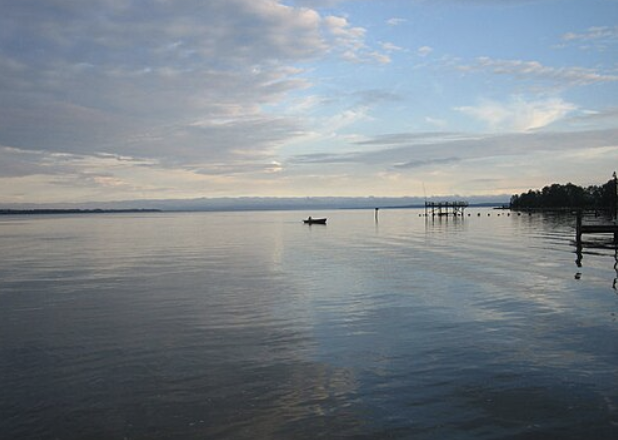
- Details
- By Native News Online Staff
In a historic tribal-wide vote, the Rappahannock Tribe in Virginia has become the first tribal nation in the U.S. to adopt a Tribal Constitution that recognizes the constitutional rights of nature.
The new Constitution affirms the legally enforceable rights of the Rappahannock River, granting it the ability to “exist, flourish, regenerate, and evolve.” This includes rights to groundwater recharge, to support healthy habitats for native species, and to maintain natural water flow. It also empowers any tribal member to enforce these rights in court.
While many municipalities and tribal governments have enacted laws recognizing the rights of ecosystems, this marks the first instance of a Tribal Constitution explicitly protecting a specific ecosystem. Constitutions are the highest form of law within legal systems.
Additionally, the Constitution establishes a tribal court system, with the tribal council set to adopt a new code to enforce the River's rights within this framework.
“We are proud to be the first Tribe in the United States to recognize the constitutional rights of nature, through our recognition of the legal rights of the Rappahannock River. Legal rights for the River was a logical next step – to put the force of tribal law behind the River, focused on protecting our River as the Mother of our people," Anne Richardson, Rappahannock tribal chief, said.
“The ratification of the Rappahannock Tribal Constitution is a major milestone that demonstrates how sovereignty and self-determination can be harnessed to protect ecosystems and species upon which their traditional cultures depend. Tribal Nations across Virginia are now standing up Tribal Courts to speak up for tribal communities and Indigenous values. This is just the beginning of using these new tools to protect the rights of nature," Melissa Ehrenreich, executive director of the Indigenous Conservation Council for the Chesapeake Bay, said.
The Center for Democratic and Environmental Rights (CDER) played a crucial role in developing the rights of nature provisions for the Constitution. Thomas Linzey, Senior Legal Counsel at CDER, expressed pride in assisting the Rappahannock Tribe, commending their groundbreaking move to enshrine legal rights for ecosystems in their Constitution.
More Stories Like This
NCAI Passes Two Emergency Resolutions on Immigration Enforcement ActivitiesChickasaw Lighthorse Police Officer named Indian Country Law Enforcement Officer of the Year
Indian Gaming Association Rallies Broad Coalition Against Sports Event Contracts It Calls Illegal Threat to Tribal Sovereignty
Navajo Resources and Development Committee Issues Notice on Livestock Inspection Requirements
American Prairie, Tribal Coalition Files Protest Over Rescinded Grazing Rights
Help us defend tribal sovereignty.
At Native News Online, our mission is rooted in telling the stories that strengthen sovereignty and uplift Indigenous voices — not just at year’s end, but every single day.
Because of your generosity last year, we were able to keep our reporters on the ground in tribal communities, at national gatherings and in the halls of Congress — covering the issues that matter most to Indian Country: sovereignty, culture, education, health and economic opportunity.
That support sustained us through a tough year in 2025. Now, as we look to the year ahead, we need your help right now to ensure warrior journalism remains strong — reporting that defends tribal sovereignty, amplifies Native truth, and holds power accountable.
 The stakes couldn't be higher. Your support keeps Native voices heard, Native stories told and Native sovereignty defended.
The stakes couldn't be higher. Your support keeps Native voices heard, Native stories told and Native sovereignty defended.
Stand with Warrior Journalism today.
Levi Rickert (Potawatomi), Editor & Publisher


